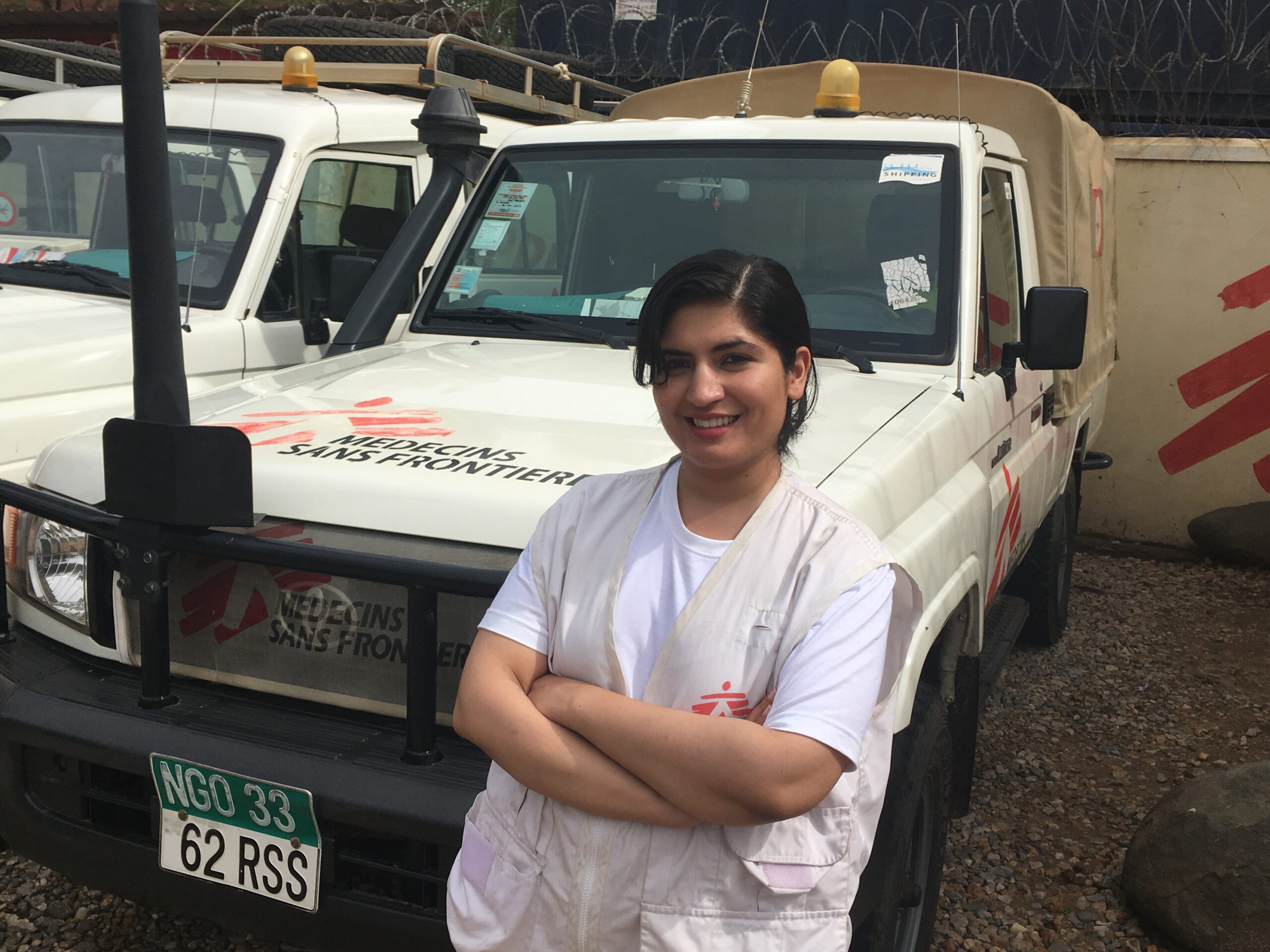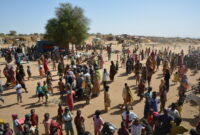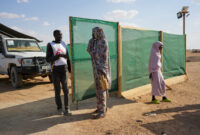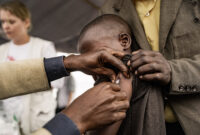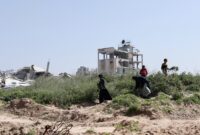MSF Canada welcomes new executive director Sana Bég
The Canadian office of Doctors Without Borders/Médecins Sans Frontières (MSF) is pleased to welcome Sana Bég as our new executive director.
“With her background in humanitarian communications and journalism, including her keen ability to link MSF’s commitment to bearing witness with our medical actions, Sana was a standout for us,” says Ruby Gill, president of MSF board of directors in Canada.
“We are excited for the fresh perspective she brings through her well-rounded experience, from both within MSF and from her work outside the organization.”
As director of communications with MSF in South Asia for six years, Bég played a significant role in building new systems and models to better enable MSF’s humanitarian work. She has been part of global MSF teams on equity, diversity and inclusion; data protection; misinformation and disinformation; and ethical use of imagery. She has worked directly with medical project teams in South Sudan as communications manager, and also as communicators advisor for Yemen, Syria and Iraq.
“As executive director, I hope to meaningfully advance some of MSF’s strongest work with people facing crises, while critically reflecting on impact, ethical representation and inclusion of the communities we assist.”
Sana Bég, MSF Canada Executive Director
Prior to MSF, Bég’s career in journalism included positions such as senior producer for Al Jazeera America in New York and as reporter and producer with an affiliation of National Public Radio. She has taught journalism to students pursuing their master’s degree in Kashmir and is active in the Society of Professional Journalists.
Bég brings strong insight and grounded reflections in her public speaking, including her perspective on how the humanitarian sector must take critical steps to evolve and adapt. As a new thought-leader in Canada, she is ready to share stories and insight about the multi-layered crises of today, including Gaza, Sudan, Democratic Republic of Congo, Haiti, Afghanistan and the situation of Rohingya people in Bangladesh and Myanmar, among others.
“The space for humanitarian work is shrinking globally,” she says, acknowledging the myriad challenges MSF and other organizations face. “This at a time when we are confronted with protracted, complex conflicts, intersecting with rapid technological changes, economic uncertainties and a warming planet.”
She is keen to connect with Canadians to explore how, together, we can move through some of these challenges and continue to bring critical medical care to people facing crises, regardless of who they are or where they live.
“How do we ignite change and mobilize action? How do we embrace the humanitarian spirit at a time it is needed most?”
